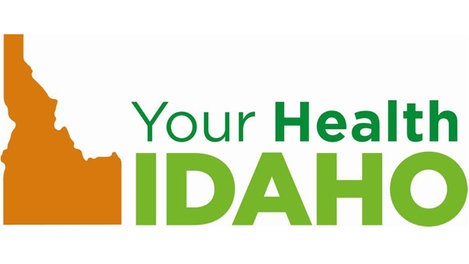
Many employers see health insurance as an important part of their overall compensation. The cost of these benefits has risen steadily over the past decade. The reasons include increasing deductibles, rising prescription drug prices and high health system prices. These trends are driving both the rise in premiums as well as depressing wages. Many employers are frustrated at the increasing costs and administrative burdens. Some are looking for alternatives to the wage.
Employers increasingly use wearable devices to improve their wellness programs. According to a survey, one fifth of employers now collect data on wearable devices. The main driver of the increase in health insurance prices is still price. However, employers are looking for new payment methods to ensure their employees stay healthy.
According to the Congressional Budget Office, the number of Americans who have health insurance through their employers will stay the same at 159 million over the next ten years. It means that tax-preferential health insurance will not change. However, the cost of single coverage in 2019 will be higher than 9.86% of household's income.

Premiums do not include the cost associated with health insurance. They also include the cost of deductibles. About 25% of Americans have a deductible less than $2,000. In the US, around 25% of workers have a minimum $2,000. Self-insured plans save money when claims are low. Employers are responsible for paying extra if the claim is larger than they expected.
The employees' age mix determines small group rates. Massachusetts workers below 25 years old are paid an average $1186 annually, while those above 25 receive $6,896.
Larger employers have greater control of plan coverage. Many large employers offer biometric screenings for their employees. They offer a wellness program, which encourages employees visit lower-cost providers. The public sector also has the ability to tailor health care plans for employees.
Employers with 51-100 employees will be able to join a merged market for health insurance in 2016 under the Affordable Care Act. Premiums will increase for these employers by up to 9 percent. State governments are also required to set a rate annually. A $3,480 penalty is imposed on those who do not offer affordable plans.

In order to comply with the ACA, some small employers must make additional contributions to subsidize health insurance for their workers. Massachusetts employers are required by law to contribute $50 annually per employee.
Despite these requirements and the decline in employers offering insurance, it is not surprising that there are fewer of them. Many small employers are unhappy with the high cost of benefits after a decade of rapid growth. These rates of health insurance aren't increasing for most employers but some are still struggling with employees to keep them.
The difficulty in retaining employees is increasing as the unemployment rate stays low. This is a major problem for employers. Employers that don't offer their employees health insurance will face a $2320 per-employee penalty. You can also face thousands in fines if you fail to comply COBRA. This law requires employers offer ongoing health care to their employees.